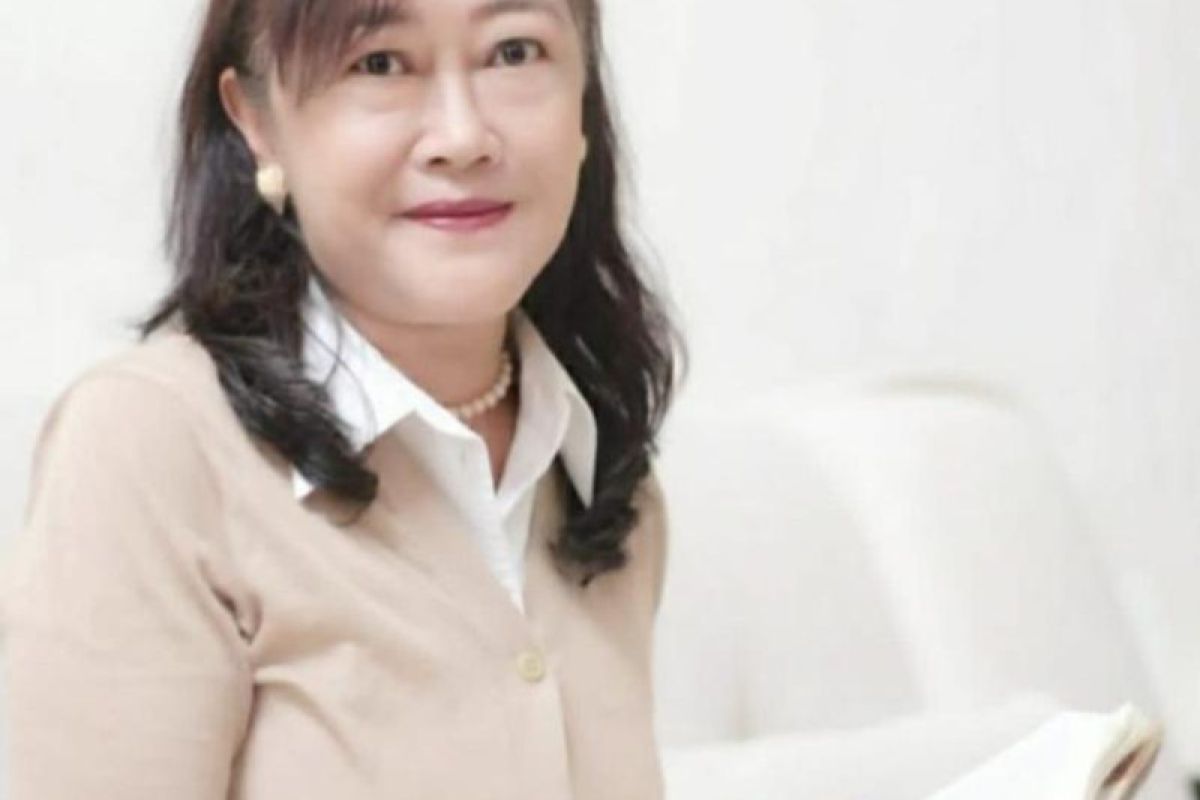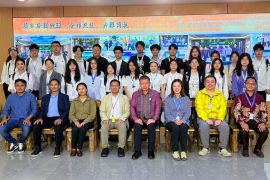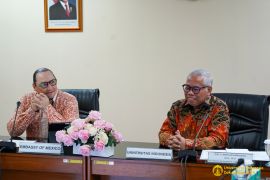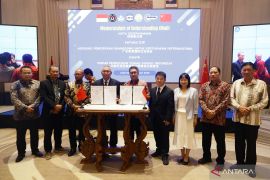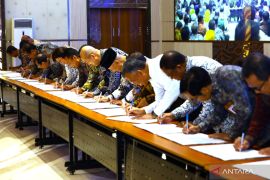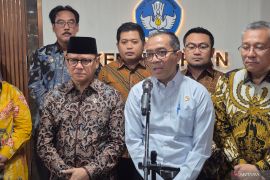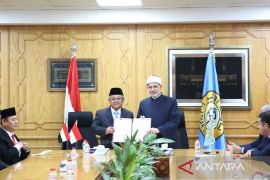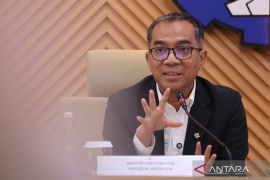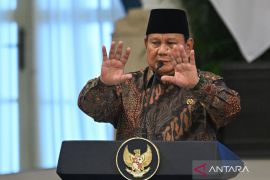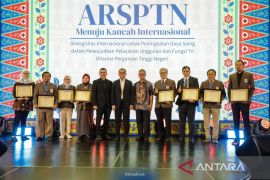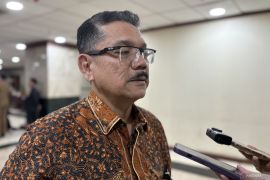"Cultural mixing, as long as it is called acculturation, has no adverse effect. What we need to worry about is when the foreign culture dominates and is embraced more than our own culture," the faculty's expert on Chinese culture, Rahadjeng Pulungsari Hadi, stated here, Wednesday.
The academic highlighted that while the influx of foreign cultures must be responded to prudently, efforts must also be made to preserve the national culture.
The public need not harbor concerns over foreign cultures, including the Chinese culture, in Indonesia, as cultural diversity is the country's might and advantage, she remarked.
She also noted that the younger generation of the Chinese-Indonesian community are more open to express themselves, as the public have welcomed and embraced them.
"So far, I see that the younger generation is more open. (I also see that) the younger generation of the Chinese community (in Indonesia) has been free from the shackles of political trauma, and they are more freely expressing themselves and integrating into society. This condition would diminish social partition in the society," Hadi expounded.
Cultural acculturation is a strategy adopted by immigrants to Indonesia to ensure their survival, she stated while affirming that coalescing foreign culture with the local culture without diminishing each other’s value will create a unique cultural identity.
The faculty lecturer noted that the Encim kebaya cloth used by the Betawi community in Jakarta and new batik patterns combining Chinese mythology and characteristics appearing in the coastal areas in Java are examples of acculturation of Chinese culture in Indonesia.
Acculturation of Chinese culture in Indonesia also occurred after Chinese immigrants, who brought along their home products, such as foods and herbal medicines, for their long journey to the Indonesian archipelago began to mingle with the local community after their arrival.
Meanwhile, the academic stated that the diaspora communities have had to adapt to their new community in order to survive, and cultural coalescing from such interaction would enrich the national culture.
She also highlighted that despite gradually becoming part of their new community, the diaspora community could maintain their original cultural aspects.
"This is one of the characteristics of the diaspora community that often identifies themselves with the new area that they live in," Hadi remarked.
Related news: Ministry seeks to conserve culture by revitalizing local languages
Related news: Indonesia's diversity cannot be denied: PBNU
Related news: Cultural diversity strengthens unity of Singkawang community: Mayor
Translator: Feru Lantara, Nabil Ihsan
Editor: Sri Haryati
Copyright © ANTARA 2023
